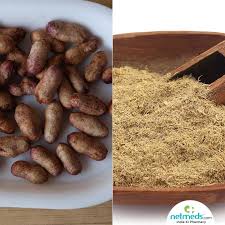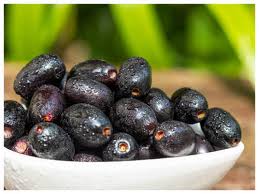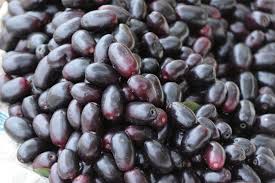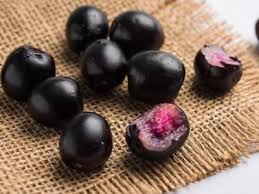
Kaali Haldi’s Role in Traditional Indian Medicine
Kaali Haldi, also known as black turmeric, has been an integral part of traditional Indian medicine for centuries. Revered for its potent medicinal properties, it is widely used in Ayurveda and folk remedies to boost immunity, improve digestion, support liver health, and combat inflammation. Unlike the common turmeric, Kaali Haldi possesses unique chemical compounds that contribute to its distinctive color, flavor, and therapeutic effects. This article explores the role of Kaali Haldi in traditional Indian medicine, its health benefits, preparation methods, and practical applications in daily life.
Long Description:
- Historical Background of Kaali Haldi in Indian Medicine:
- Kaali Haldi has been mentioned in Ayurvedic texts for its therapeutic properties.
- Traditional healers have used it to treat respiratory infections, digestive disorders, and skin ailments.
- Folk medicine across India incorporates Kaali Haldi in various remedies, emphasizing its preventive and curative effects.
- Key Medicinal Properties:
- Antioxidant Effects: Neutralizes harmful free radicals and protects cells from oxidative stress.
- Anti-inflammatory Properties: Supports joint health and reduces inflammation associated with chronic conditions.
- Antimicrobial Action: Used in treating minor infections and promoting overall immunity.
- Digestive Aid: Enhances nutrient absorption, stimulates appetite, and alleviates bloating.
- Detoxification: Promotes liver health and helps eliminate toxins from the body.
- Health Benefits of Kaali Haldi:
- Immunity Boost: Strengthens the body’s defense mechanisms against common illnesses.
- Respiratory Support: Traditionally used to relieve cough, cold, and congestion.
- Skin Health: Applied topically in powdered or paste form to treat minor wounds and skin inflammation.
- Pain Relief: Helps in alleviating joint pain and muscle discomfort due to anti-inflammatory compounds.
- Metabolic Support: Assists in regulating blood sugar and cholesterol levels naturally.
- Traditional Preparations Using Kaali Haldi:
- Kaali Haldi Tea: A warm infusion with spices like black pepper and ginger to enhance absorption.
- Powdered Form: Dried Kaali Haldi root ground into powder for use in herbal formulations.
- Paste for Topical Use: Applied to the skin for inflammation, minor cuts, or rashes.
- Combination Remedies: Mixed with honey, ghee, or other herbs to enhance its medicinal effects.
- Kaali Haldi in Ayurveda:
- Classified as a potent herb with warming properties, balancing the doshas.
- Used in Ayurvedic formulations for detoxification (Panchakarma) and rejuvenation therapies.
- Recognized for promoting digestive fire (Agni) and improving overall vitality.
- Folk Medicine Applications Across India:
- Rural communities use Kaali Haldi for digestive complaints, fever, and minor infections.
- Incorporated into daily diets during seasonal changes to maintain immunity.
- Used in ritualistic and preventive practices, highlighting the cultural importance of this herb.
- Modern Scientific Insights:
- Research indicates Kaali Haldi contains bioactive compounds with anti-inflammatory, antioxidant, and antimicrobial properties.
- Studies support its traditional use in immunity enhancement, joint health, and digestive support.
- Ongoing research explores its potential benefits in metabolic health and chronic disease prevention.
- Practical Tips for Incorporating Kaali Haldi:
- Include in herbal teas or milk for daily consumption.
- Use small amounts in curries or soups for added flavor and health benefits.
- Combine with black pepper to improve curcumin bioavailability.
- Apply as a paste topically for skin care and minor inflammations.
- Precautions and Dosage Guidelines:
- Use moderate quantities to avoid stomach irritation.
- Consult a healthcare professional before using it in cases of pregnancy, lactation, or chronic illness.
- Avoid combining with certain medications without medical advice.
- Conclusion:
Kaali Haldi continues to be a cornerstone of traditional Indian medicine due to its wide-ranging health benefits. From boosting immunity and improving digestion to supporting skin and joint health, this herb demonstrates the wisdom of Ayurvedic and folk practices. Its versatile applications in teas, pastes, powders, and combination remedies make it accessible and effective for everyday health. By understanding and integrating Kaali Haldi into modern lifestyles while respecting its traditional uses, individuals can harness its full potential for preventive care, holistic wellness, and overall vitality. Preserving the knowledge of Kaali Haldi in traditional medicine not only sustains cultural heritage but also provides natural and sustainable health solutions for contemporary needs.













